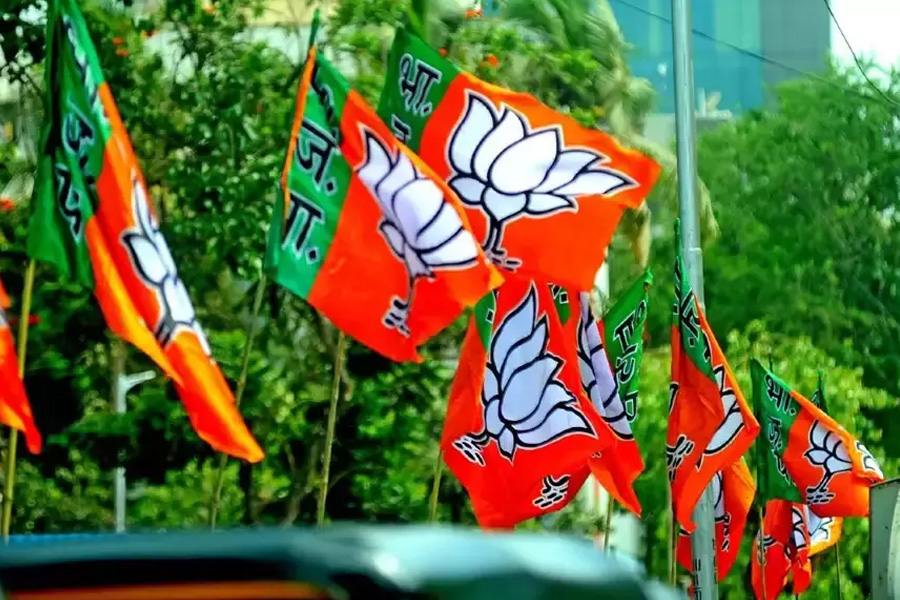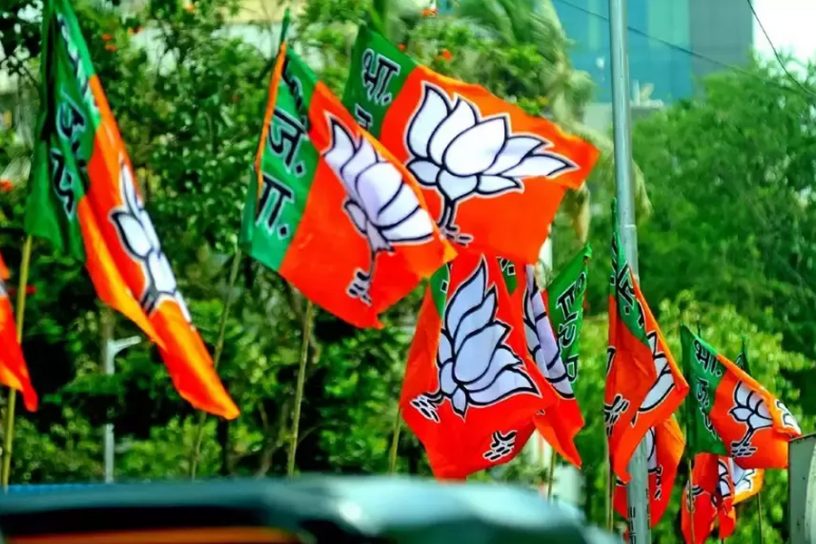
Unofficial lobbying for party tickets is an important but overlooked informal institution that impacts the candidate selection process in significant ways and deters inclusion in the selection processes, suggest the findings.
Author
Rashmi Singh, Assistant Professor, Jindal School of Liberal Arts and Humanities (JSLH), O. P. Jindal Global University, Sonipat, Haryana, India.
Summary
This article analyses the theoretical and methodological challenges of researching candidate selection and party nomination practices in Indian politics using a case study of the Bharatiya Janata Party (BJP) in India. It focuses on the nature of informal politics and institutions that over-write and complicate the candidate selection process, and on the challenges of identifying the hidden effects of these parallel processes on the competition for official party nominations.
The article discusses the complex and protracted nature of internal party negotiations over candidate short-lists and how these layered and unseen strains at the final stages of selection impact the openness and transparency of the process in the BJP.
The findings indicate that unofficial lobbying for party tickets is an important but overlooked informal institution that impacts the process in significant ways and deters inclusion in the party selection processes.
Published in: Commonwealth & Comparative Politics
To read the full article, please click here.


